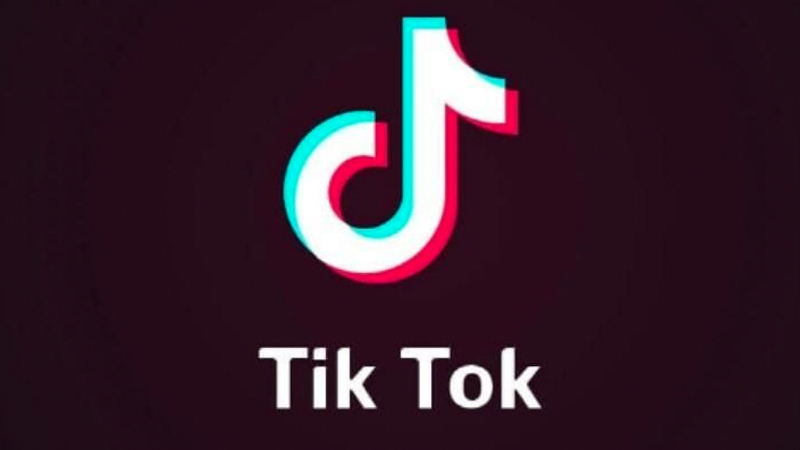New Delhi: India’s ban on popular Chinese video app TikTok is resulting in “financial losses” of up to $5,00,000 a day for its developer, Beijing Bytedance Technology Co, and has put more than 250 jobs at risk, the company said in a court filing.
TikTok allows users to create and share short videos with special effects and is one of the world’s most popular apps. It has been downloaded by nearly 300 million users so far in India, of more than 1 billion downloads globally, according to analytics firm Sensor Tower.
Earlier this month, the Madras High Court ordered the federal government to prohibit the download of TikTok, saying the app was encouraging pornography. Acting upon instructions from the Union IT ministry, Apple Inc and Alphabet Inc’s Google last week removed TikTok from their India app stores.
The developments have dealt a blow to the India growth plans of Bytedance, which is backed by Japan’s SoftBank Group Corp and by private equity. Bytedance, one of the world’s most valuable start-ups potentially worth around $75 billion, was considering a public listing in Hong Kong this year, sources had said.
The ban has also worried the social media industry in India as it sees legal worries mounting if courts increasingly regulate content on their platforms.
In the filing made to the Supreme Court Saturday, Bytedance urged the court to quash the ban and direct the IT ministry to tell companies such as Google and Apple to make the app available again on their platforms.
The court filing is not publicly available and its contents have not been previously reported.
Bytedance pegged financial losses at $500,000 each day, which it said includes destruction in the value of its investments and loss of commercial revenue. It added the ban would result in its reputation and goodwill taking a hit with both advertisers and investors.
“Banning has had adverse impact on the user base of this app, losing close to 1 million new users per day … It is estimated that approximately six million requests for downloads could not be effected since the ban came into effect,” the company said in the filing.
A spokesman for TikTok and the IT ministry did not respond to requests for comment.
The Supreme Court has so far not provided any interim relief on repeated pleas by Bytedance and referred the case back to the court in Tamil Nadu, where the case will next be heard Wednesday.
Memes and music videos thrive on TikTok, although some clips show youngsters, some scantily clad, lip-syncing and dancing to popular tunes.
Its growing popularity has drawn criticism from some Indian politicians and parents who say its content is inappropriate. The Tamil Nadu court, which ruled against TikTok on a public interest litigation petition, has said the app could also expose children to sexual predators.
The Supreme Court filing included a table in which Bytedance compared TikTok with Facebook, Instagram and Twitter by listing 13 of its implemented safety features, including parental controls.
A “very minuscule” proportion of TikTok’s videos were considered inappropriate or obscene, the company has said. “The constitutionally guaranteed fundamental rights of free speech and expression . . . of numerous Indian citizens have been severely impacted,” the company said in its latest filing.
—reuters
